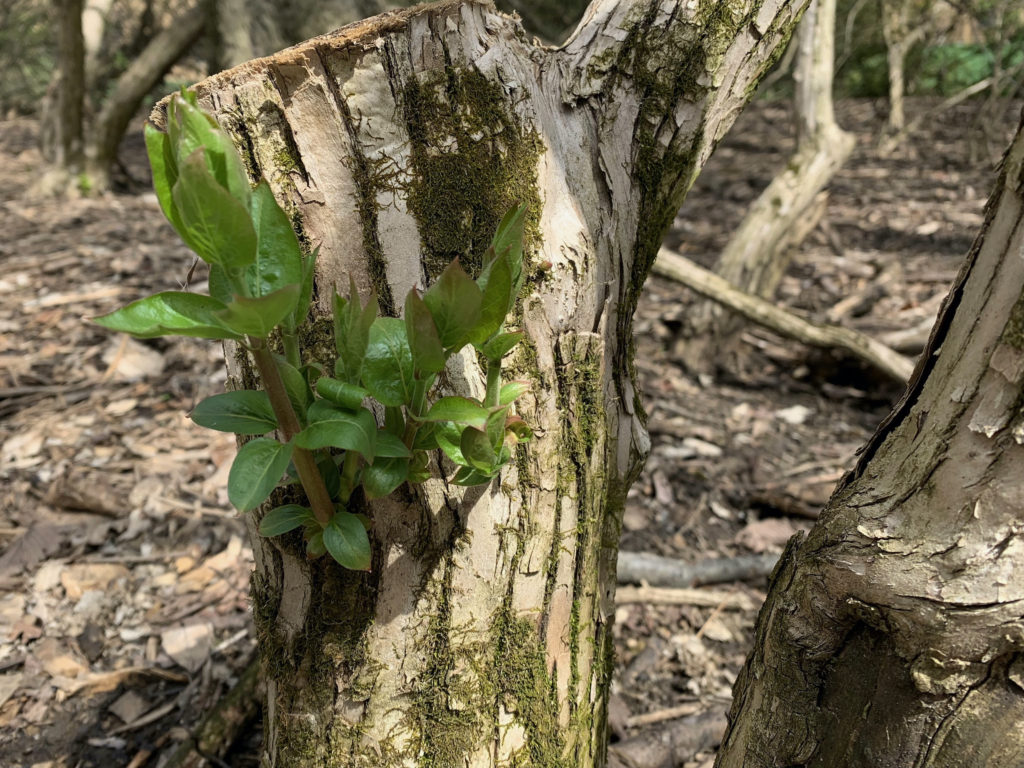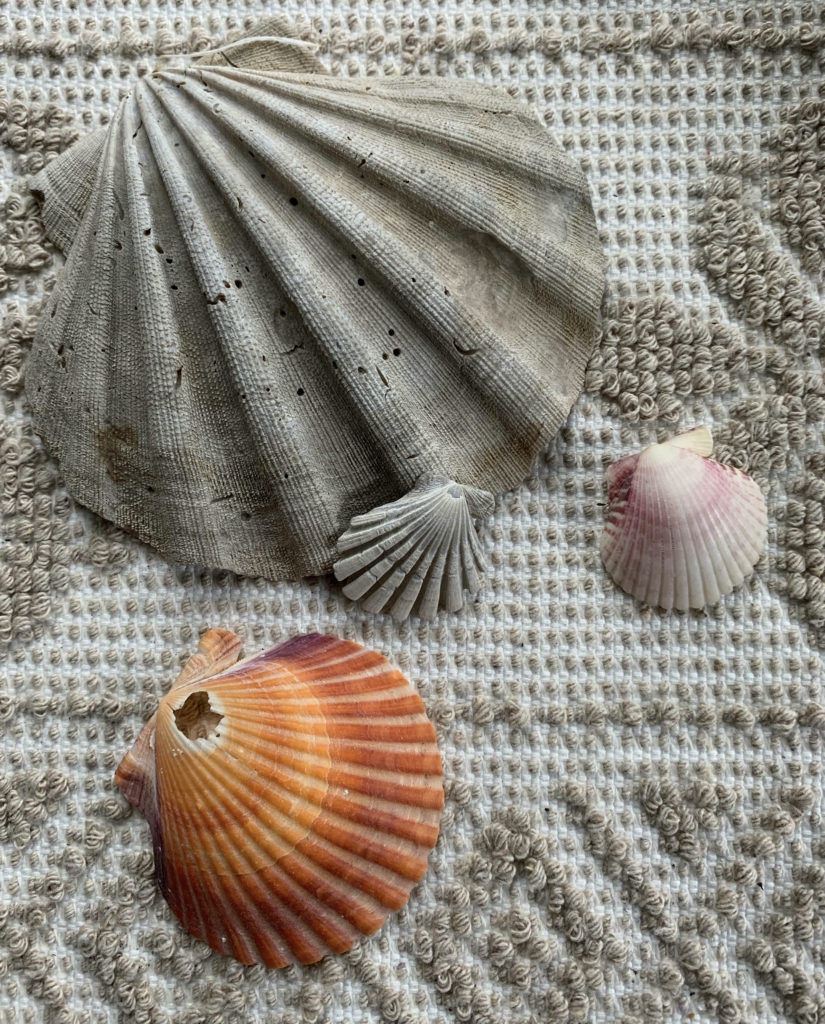In Cuglieri, a small town in western Sardinia, people have come together to save “the Patriarch,” their cherished olive tree ravaged by wildfires that engulfed the region in July. Estimated to be 1,800 – 2,000 years old, it has been a symbol of a way of life.
In a New York Times article,1 Maria Franca Curcu, the councilor with responsibility for social policies and culture for the municipality, was quoted as saying “the Patriarch is our identity.” Saving him, she says, would be a message of hope to those who have lost so much in this fire. Farmers lost 90% of their olive trees and their livelihood. Of the 2,600 inhabitants, 1,000 were forced to evacuate.
What struck me about this story was the way people came together with hope of reviving the tree. A professor and director of the botanical garden at the University of Cagliari offered his expertise. Despite the 11-foot-wide trunk having burned for two days, efforts were being made to nurture what life remains deep within. The team cooled the soil and covered it with straw. They wrapped the trunk with jute tarps. A local plumber created an irrigation system to keep the soil moist and to deliver an organic fertilizer every 10 days. A construction company built a structure to do what the now non-existent crown of leaves would have done: provide shade.
The hope is not that the tree will return to its former glory, but that peripheral roots will rejuvenate, provide nutrients to the stump, and enable new shoots to appear in the fall. The result would be something new, growing from the original.

The plight of the Patriarch is a metaphor for our times: The status quo is no longer viable. The pandemic has exposed diseased parts of political and economic systems that should not be sustained. Inequalities that exist around the world are impossible to ignore. The gap between the ability of rich countries and poor ones to obtain vaccines is one example. In day-to-day life, Covid has affected how people shop, work (or not), gather, communicate, pray, and support one another. The murder of George Floyd pushed awareness of racial bigotry and police abuse beyond the tipping point. Effects of climate change are manifesting faster than expected, resulting in, among other things, an increase in severe weather and the scope and severity of wildfires like the one that burned through Cuglieri.
What is happening in the world calls for a response similar to that of those dealing with the aftermath of the wildfire: communal efforts and hope:
- Listen to experts – follow scientists and those trained in dealing with trauma and growth.
- Practice self-care – seek out what you need to heal.
- Engage in service – care for those in your “village” or donate to groups equipped to respond when you can’t.
- Be open to change – accept that the future will look different as we let go of old ways that don’t serve the common good.

For me, the story of the Patriarch highlighted the power of symbols. Seeing that tree gave many people hope, a sense of who they are and of well-being. I began to think about the symbols in my life that are a source of hope. I have scallop shells scattered around my house. I hadn’t thought of them as symbols of hope but of pilgrimage. However, people don’t pilgrimage without hope in the process. Now, when I see the shells, I will remember the Holy Presence that is both the call and the destination, and of the promise that God is with us.
What are your symbols of hope? What can you look at each day to remind you that you are not traveling in the world alone? That Goodness remains in the world. That in the end, Love prevails. Maybe photos of loved ones or of places where you felt Sacred Presence will stir hope in your heart. Perhaps a Cross or holy book. A candle. A painting. A poem or a prayer written out and posted on your refrigerator or sitting on your table.
Surround yourselves with symbols of hope. And like the villagers of Cuglieri, don’t expect what will rise from the suffering to look the same as what has been lost. If new shoots don’t grow from the old stump, the villagers may plant a young tree that will grow into a Patriarch for new generations. Like them, we are called to have faith in community. And in hope.
© 2021 Mary van Balen
Photos: Mary van Balen
